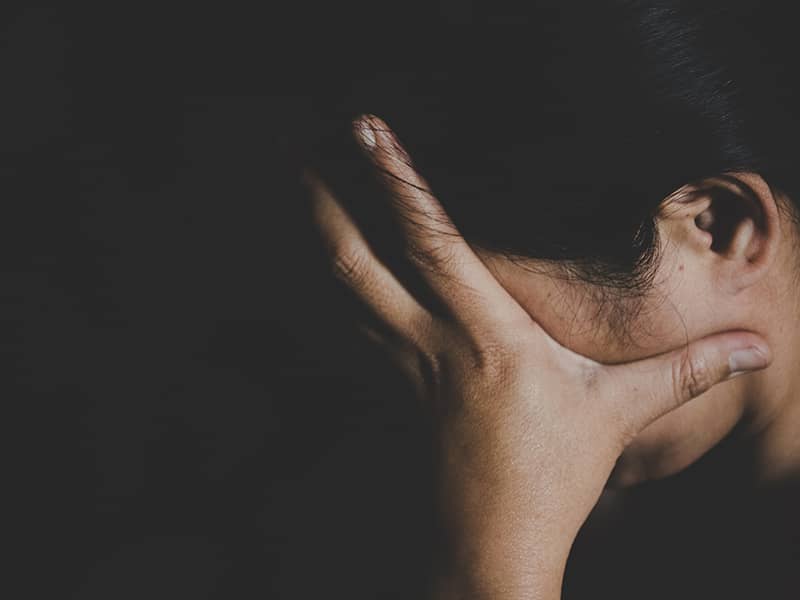We all experience emotional pain in our lives. Someone close to us will eventually die. A friend or lover will betray us. We will lose our jobs or not get the one we really wanted. Many of us have been victims of physical, emotional and/or sexual abuse. We experience racism, sexism and other forms of hatred. Many of us have difficulties with processing these issues.
Last week I was conducting my class on healing emotional pain at the San Francisco County Jail when one of the women asked, “Why has it been so difficult for me to face my emotional pain?” Most of the other women in the group then asked follow-up questions in that same vein. I pondered this issue for a while. I realized that that this is indeed the first question one needs to explore when wondering what events have caused internal wounds, hurts, or traumas. If you cannot look at your pain, then you can never resolve it. Why, then, is it so hard to look at it?
We are reluctant to face our emotional pain because:
1. We are afraid that what may be uncomfortable now will become terrifying if we open that door to our feelings and memories.
2. We are taught that we are not supposed to spend too much time or dwell on events that have been painful. We believe that we are to "suck it up" and move on, rather than wonder how this hurt affects us.
3. We are instructed that looking at our emotional hurt will cause something that is now a nuisance to become an infected wound that will never heal.
4. We are taught that we are not to burden others with our problems. We are fearful that if we examine our issues too closely, we will become babbling idiots who overtax the ears of our friends and loved ones.
5. We believe that dealing with our emotional pain is a task that is impossible to accomplish.
You can break through these roadblocks by:
1. Discovering the internal faith that you deserve to overcome these wounds. This faith can be religious, spiritual, your place of wisdom, or your higher power. Your internal faith is what helps you face troubling times, confusion, and loss.
2. Learning that the energy invested in pushing the pain away is not worth the price of becoming physically ill, drug-dependent, or devoid of any feelings. This energy can be instead used for recovery, spiritual awakening, self-direction, and confidence-building activities.
3. Learning that facing emotional pain can be an exciting, joyful, and ultimately redemptive journey. You will find joy simply by breaking through long-standing grief and pain. You may able to learn to love yourself.
4. Discovering how physical exercise can improve your self-esteem, mood, and confidence that will allow you to work through your emotional pain. Exercising will also bring back the playful innocence of a child. It will make you feel and look better. It will increase your organizational abilities and give you a purpose.
5. Learning techniques that will help you tolerate the angst that comes up. Those techniques include: realizing that the memories of the trauma are about events that took place in the past, not the present, and learning to nurture the child within.
6. Learning that you can find healthy ways to distract yourself from the pain when it becomes too overwhelming. You can focus on what is happening in the present instead. Going for a walk or reading a book are healthy ways to take your mind off the pain.
7. Finding others who are not only willing to patiently listen to your story, but have the need to share their struggles with you. You will discover the beauty of actually connecting with others.
2016-09-01
2016-09-01
Join Beliefnet Today!
more from beliefnet and our partners

